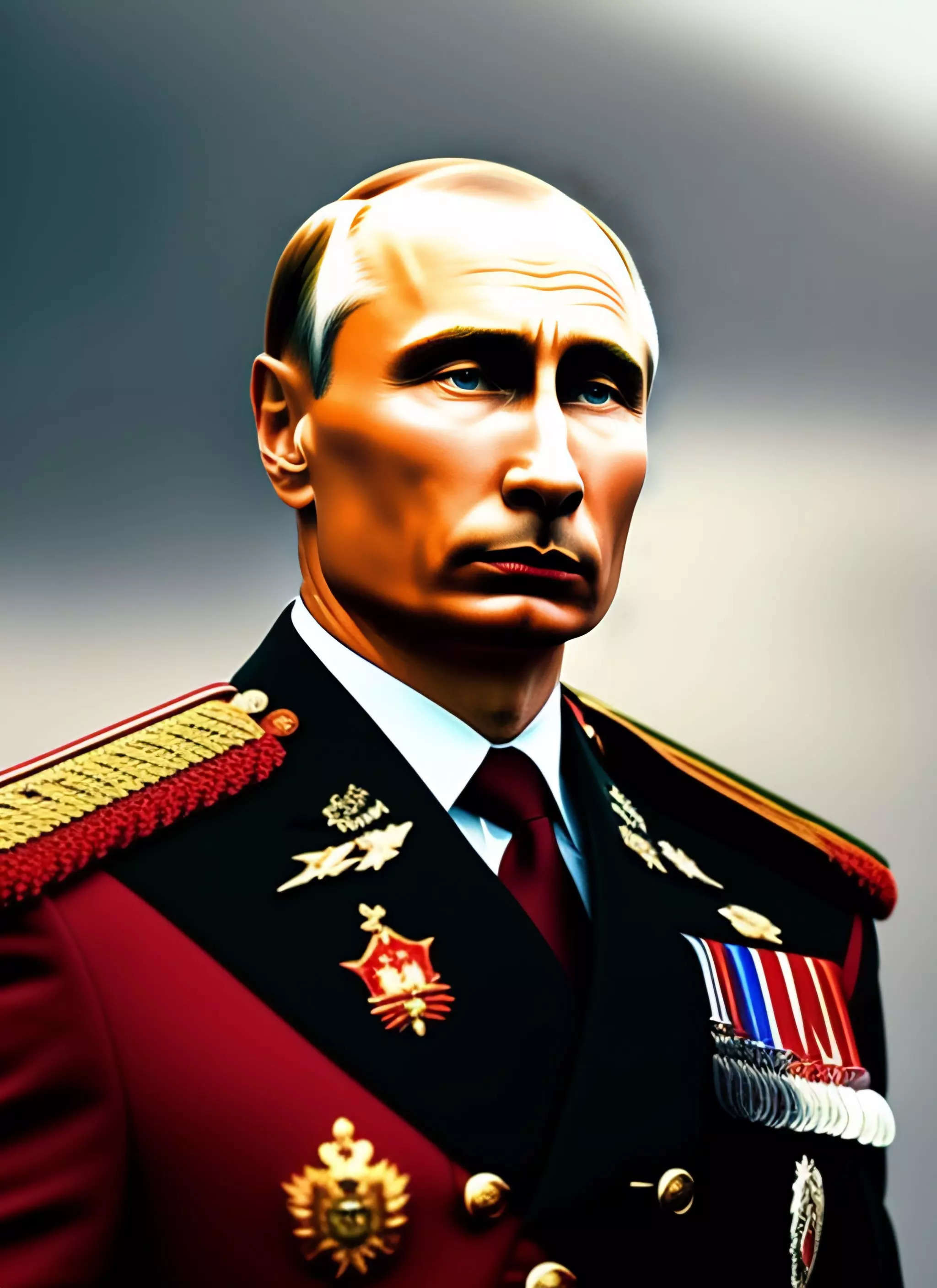This website uses cookies so that we can provide you with the best user experience possible. Cookie information is stored in your browser and performs functions such as recognising you when you return to our website and helping our team to understand which sections of the website you find most interesting and useful.

MOSCOW: President Vladimir Putin said on Thursday that Russia would pay increased attention to boosting its nuclear forces by deploying a much delayed new intercontinental ballistic missile, rolling out hypersonic missiles and adding new nuclear submarines.
A year since ordering the invasion of Ukraine, Putin has signalled he is ready to rip up the architecture of nuclear arms control - including the big powers' moratorium on nuclear testing - unless the West backs off in Ukraine.
Putin on Tuesday sought to underscore Russian resolve in Ukraine by suspending a
landmark nuclear arms control treaty
, announcing new strategic systems had been put on combat duty and warning that Moscow could resume nuclear tests.
In an address to mark "Defender of the Fatherland" public holiday, known in Soviet times as Red Army Day, Putin invoked the Soviet victory over Nazi Germany to argue that Russia needed modernised armed forces to guarantee its sovereignty.
"As before, we will pay increased attention to strengthening the nuclear triad," Putin said, referring to nuclear missiles based on land, sea and in the air, in an address broadcast on state television.
Putin, who casts the conflict in Ukraine as an existential struggle to defend Russia against what he sees as an arrogant and aggressive West, said the Sarmat silo-based intercontinental ballistic missiles would be deployed this year.
The RS-28 Sarmat liquid-fueled missile, nicknamed "Satan 2", was first announced by Putin in 2018. The
missiles were supposed
to have been deployed last year.
CNN reported
that the United States believes Russia carried out a test of the Sarmat just before U.S. President Joe Biden visited Ukraine earlier this week but that the test failed. The Russian defence ministry has not commented on that report.
NUCLEAR WARHEADS
The 35-metre missile has a range of 18,000 km and can carry at least 10 multiple targetable re-entry vehicles - each with a nuclear warhead - which can each be aimed at a different target. It can also deliver hypersonic Avangard glide vehicles.
In addition, Putin said, Russia would continue mass production of air-based hypersonic Kinzhal systems and would start mass supplies of sea-based Zircon hypersonic missiles.
"With the adoption of the Borei-A nuclear-powered submarine project 'Emperor Alexander III' into the navy, the share of modern weapons and equipment in the naval strategic nuclear forces will reach one hundred percent," Putin said.
"In the coming years, three more cruisers of this project will replenish the fleet's combat strength," he said.
The Emperor Alexander III was launched in late December. It is the seventh Borei-A class submarine - which can each carry 16 Bulava submarine-launched ballistic missiles.
Putin also said Russia would develop all parts of Russia's conventional armed forces, improve training, add advanced equipment, bolster the arms industry and promote soldiers who had proven themselves in battle.
"A modern, efficient army and navy are a guarantee of the country's security and sovereignty, a guarantee of its stable development and its future," Putin said.
"Therefore, we will continue to pay priority attention to strengthening our defence capability."
Read More



 Africana55 Radio
Africana55 Radio 

